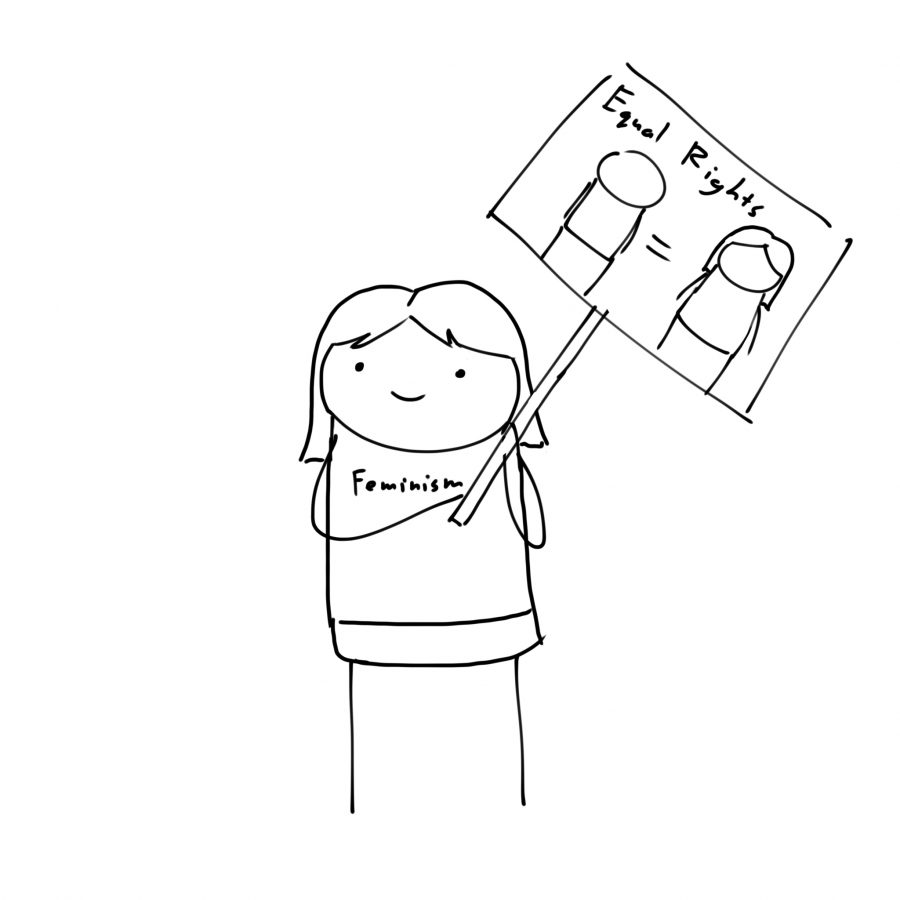For reasons I find difficult to understand, feminism is a controversial topic. Statements like “I’m not a feminist, but I do believe in the power of women” (Katy Perry), “I don’t think that I would consider myself a feminist. I think that I certainly believe in equal rights [and] I believe that women are just as capable[…]” (Yahoo CEO Marissa Mayer) and “I’m not a feminist, I’m a humanist” (Madonna) all reveal the stunning misconception of modern-day feminism as being an ideology befitting only man-hating women who practice witchcraft, burn their bras, and kill their husbands.
Fortunately, most of the feminists I know do not practice witchcraft. Feminism is simply, as per the Merriam-Webster dictionary, “the belief that men and women should have equal rights and opportunities.”
It is important to realize that feminism is absolutely necessary. Yes, women did win the right to vote ninety years ago, but that was not the ultimate goal of the feminist movement. There is an assortment of horrid issues that still need to be resolved, ranging from violence against women to unhealthy stereotypes perpetuated by the media. According to The National Intimate Partner and Sexual Violence Survey of 2010, one out of every five women has been the victim of rape or of attempted rape in their lifetime. Another study showed that seventy percent of girls under seven say they want to be thinner. Both of these statistics show the diverse range of “women’s issues,” and the undeniable presence of misogyny even today.
The way we view feminism has an astounding impact on its success. Somewhere amongst Susan B. Anthony, Rebecca West and Gloria Steinem, we have slyly inserted images of evil women typing #menshoulddie on their Twitter accounts. This tragic misrepresentation must be corrected in order for modern feminists to honor and fulfill the legacy of the many talented, determined, and powerful women before us.
If you believe that women deserve equal rights, opportunities, and respect, congratulations, you’re a feminist! That’s it. That’s all the word implies. There are no other connotations attached. What you do with this belief can range from calling out your peers for their use of misogynistic labels, to starting a campaign, and to writing angsty feminist poetry. The possibilities are endless. Instead of being used as a pejorative term, “feminist” should imply decency and dignity.
If you are unwilling to call yourself a feminist, maybe you should rethink that choice. And if you still haven’t changed your mind, maybe you should explain your reasoning to all the women in your life.
It’s time to revoke the misconception of feminism.








